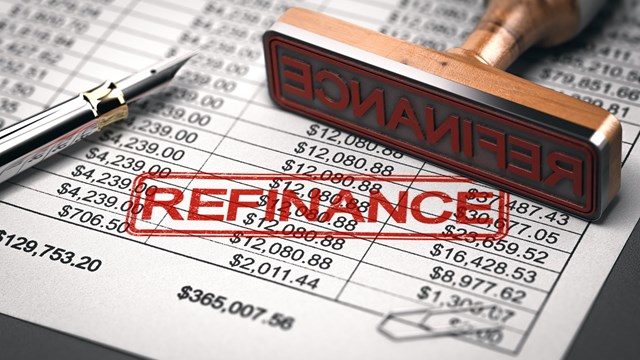—Manhattan Shareholder
“Once the alteration has been approved by the cooperative, it is necessary to file the work with the New York City Department of Buildings. Your architect, through the so-called “Alt-2” process, would do the filing. This process is not as involved as other filings since it allows for self-certification by the architect. Under current standards, the combination would not require amendment of the building’s certificate of occupancy, and, therefore, should not involve zoning issues. You would, of course, have to comply with all of the normal, rules regarding the construction itself, including, for example, fireproofing and egress.
“Whether or not the combination would pose any problems under the building’s existing mortgage should be determined by reviewing the mortgage’s particular provisions. In some circumstances, the combination may require the mortgagee’s consent. You should also be aware that if combinations reduce a co-op to only a few units, the number of lenders available to refinance its mortgage might be diminished.
“Finally, the combination could, in theory, result in an increase in the co-op’s property tax, but we have not seen such a result or at least one that could be documented.”







Leave a Comment